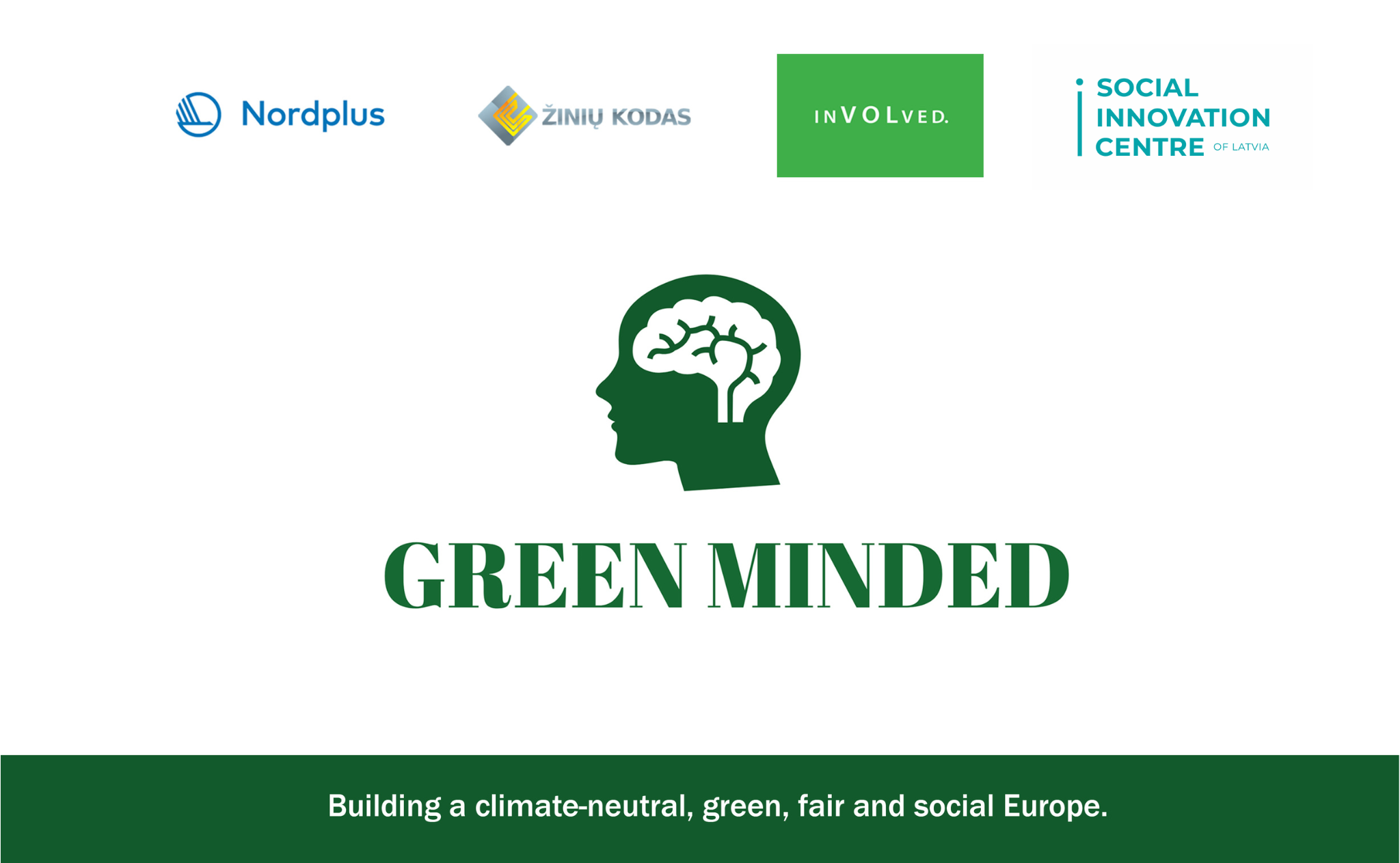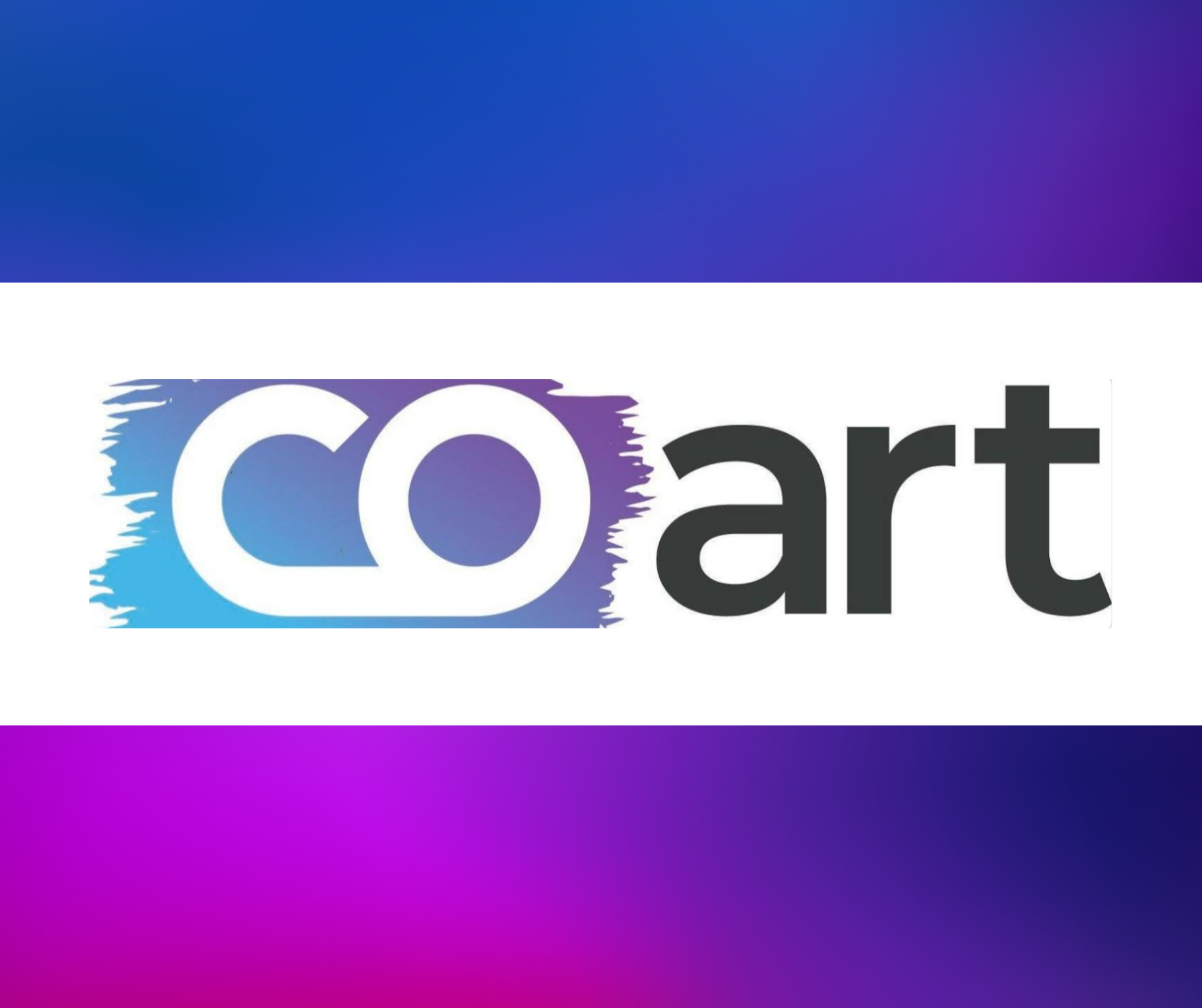All around the world urbanization is shaping the ways how societies live and work. The city is a living organism, moreover, it is a mirror of the society – the more creative, innovative and collaborative are the people, the more it will be felt also in the environment of the city.
Each and every city has its challenges and problems, and the city itself can become either a place with unsolvable issues or it can bloom as a hub for innovation, collaboration and new opportunities. The most important task for the near future will be to create and promote such urban ecosystems that enhance communication, cooperation among different stakeholders and where the necessity to meet people’s social needs will be put at the top of the priority list. The collection of nine essays by nine innovation leaders from around the world gives an insight in the ways how modern cities work to tackle societal challenges, and what is the role of the city in the development of innovative tools and mechanisms that make the everyday living of the inhabitants better.
Authors of the essays touch upon such challenges as the lack of interest and resources allocated for the collective intelligence – in a time when huge amounts of resources are invested in the artificial intelligence, we cannot forget about the importance of the human collaboration and development of more efficient collective solutions for various societal issues. While the machines may be more effective in many mechanic jobs, they are (at least so far) not able to tackle the challenges present at every community and city in the world. In the collection of essays one can also get to know some key suggestions for more innovation and collaboration within the cities that helps to tackle significant societal challenges. The suggestions of such initiatives include announcing awards and prizes for innovative ideas and practices that enrich community life, providing free, open and engaging spaces for displaying the work of local artists, organization of Community food kitchen labs, providing open and free sources of informal education for everyone, especially emphasizing the digital learning tools. More ideas include organizing children creativity workshops and idea contests, finding the resources for creation of mobile libraries, open wi-fi hotspots, as well as ensuring opportunities and providing the necessary knowledge for launching a social business. Essay authors also emphasize the importance of experiencing the real life of the city and the community in order to find the most effective solutions for issues that the particular city is facing. This may include such initiatives as in the Netherlands where in the municipality of Amersfoort civil servants are doing their job outside of the City Hall in order to be closer to the people and the real situation. Moreover, the necessary effect can be reached also by promoting closer cooperation between the policy makers and other parties – such as NGOs, Universities, interest groups and others.
There are many more thoughts, ideas and initiatives for the creation of innovative and inclusive cities presented in this collection of essays. Read the whole text here: https://socialinnovationexchange.org/insights/future-trends-innovative-cities















Leave A Comment